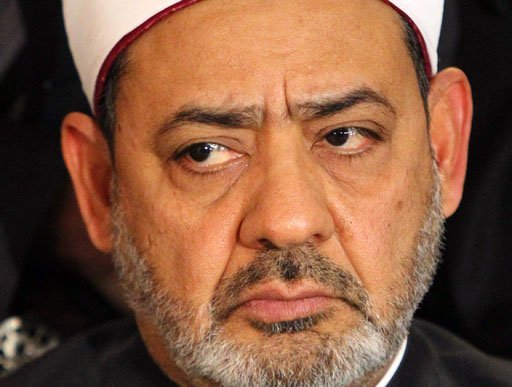TUNIS: As a symbol of how far Tunisia still has to go to fulfill the promise of the first Arab Spring revolution, Ammar Gharsallah’s death this week could hardly have been more poignant.
The 40-year-old father of three, despairing at his poverty, died after immolating himself with petrol, echoing the act of the Tunisian vegetable vendor who one year ago set off a wave of revolt that has not yet abated.
Tunisia will on Saturday hold celebrations in the capital to mark one year from the day when protests forced autocratic leader Zine El-Abidine Ben Ali to flee the country, and gave birth to the "Arab Spring" uprisings.
Tunisian President Moncef Marzouki will pardon more than 1,000 prisoners on Saturday’s, AFP quoted the justice ministry as saying. Priority will be given to aged people and adolescents, it said Friday, adding that some other detainees will benefit from conditional release and reduced sentences.
Algerian President Abdelaziz Bouteflika, the emir of Qatar, Hamad bin Khalifa Al-Thani, and the head of Libya’s National Transitional Council, Mustafa Abdel Jalil, will take part in the events, AFP reported.
Since the revolution, Tunisia has been transformed into a beacon for democracy in the Middle East. Egypt and Libya have followed it in driving out entrenched leaders, Syria’s opposition is trying to do the same, and other countries in the region have had their political landscapes transformed for ever.
Yet Gharsallah’s drastic act of protest was a reminder that, despite Tunisia’s progress, the problems of poverty, unemployment and corruption that were at the root of Ben Ali’s overthrow a year ago are still very much present.
"Tunisia has succeeded in holding free elections and establishing a real plurality and a significant role for civil society," said analyst Salah Attya. "This is a dream come true."
"But on the other hand, social conditions have not changed, the economy has continued to stagnate and prices have continued to rise."
Echo of revolution
The manner in which Gharsallah killed himself echoed the suicide of Mohamed Bouazizi. He was the young vegetable seller whose decision to set himself alight in the Tunisian provincial town of Sidi Bouzid inspired the revolution.
Gharsallah had been staging a sit-in protest outside the local government headquarters in Gafsa, a mining region in western Tunisia where unemployment is high and riots over living conditions frequently break out.
He was demanding a job. On Jan. 5, the day when three ministers in the new Tunisian government were visiting Gafsa, he set himself on fire. He sustained third-degree burns and died in hospital on Monday.
His frustration is familiar to most ordinary Tunisians. When Ben Ali was ousted, many people expected a quick improvement in their living conditions.
In fact, life has grown tougher in some ways. The revolution and the instability that followed it scared off some investors and caused a drop in bookings from foreign tourists, a big source of income.
A year ago 600,000 Tunisians were unemployed. That figure has now gone up to 850,000. Economic growth in 2011 was about zero, down from around 3 percent the year before.
A string of strikes and sit-ins by workers in the way of the revolution has put off some investors.
"One hundred and twenty foreign companies left Tunisia in 2011 because of the sit-ins," said Wided Bouchamaoui, president of the Tunisian Union of Industry and Trade. "The Tunisian economy is threatened with paralysis if it continues."
Samir Dilou, a spokesman for the new government, estimated that the economy lost 2.5 billion dinars ($1.6 billion) because of the effects of the revolution.
The Tunisian government, an Islamist-led coalition elected in the country’s first ever democratic vote last October, has pledged to create about 100,000 new jobs in 2012, and to give priority to disadvantaged regions.
Many Tunisians, though, struggle to understand why, a year on, their living standards have not improved.
"So far nothing changed," said Omar Gharbi, 30, an unemployed man. "Poverty increased, the cafes are packed with jobless people. There is great despair among young people .. We are dying slowly."
Civil society groups have been invited to organize their own celebrations along Bourguiba Avenue, the tree-lined thoroughfare in the centre of Tunis where the protests against Ben Ali reached their climax.
Despite the problems, Tunisians see plenty of cause to celebrate.
The North African country has calmly elected its own government, defying predictions it would descend into chaos. Ben Ali’s secret police have been disbanded. Newspapers, radio and television stations enjoy unprecedented freedoms.
Tunisia has also provided a model of how, in the wake of the "Arab Spring," Islamists can come to power without tearing up the fabric of the state or imposing a strict Islamic moral code.
"You should be proud because you made your country," Marzouki said in a message to the Tunisian people on the eve of the anniversary. "Have faith that we will overcome all the difficulties and get to safety."
